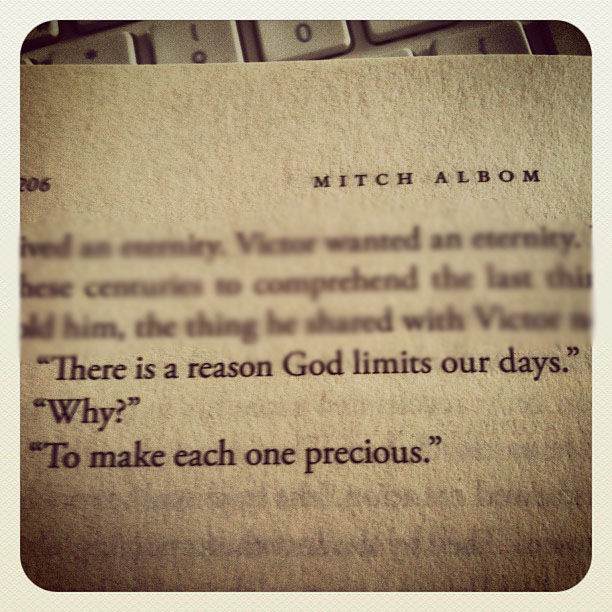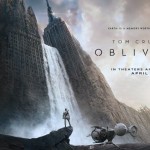Dor was still a child.
He lived in a time where the concept was not yet developed. No clocks, years, months, days, hours, minutes, or seconds. He was a human being, who ran barefoot with his friends on a hill and enjoyed the sunlight.
Like all humans, however, he was curious.
He counted. Everything that came his way. He counted his breath, the dripping water, every step. He watched the sun, the moon, and the water, and one sunny day he put a stick and measured its shadow on the ground.
He began to measure time.
Before him, no one thought of the fear of time running out. To stop time. To make it last. To buy it.
After him, all is on a frantic race with it.
Some try to cut time short, some try to seek eternity.
Dor wanted time to stop. He wanted to save his dying wife. As a punishment, Dor got what he asked. He lived for eternity.
He became the Father Time.
We all have become obsessed with time. We want to control it. We want to seize the day. We want to see the future, and change the past. We want to live forever, and yet we want to live in the moment.
The dying old man in the hospital wants more time. The broken teenager on the street wants to take hers. The mother looking at her five-year-old wants to stop time. The business clerk wants to fast-forward his.
But eternity is also not the answer. Because it is not a gift, Dor has finally realised it.
While the structure of the book itself is definitely not my cup of tea, the concept, philosophy, and language definitely are. The simple and yet overlooked lesson is sometimes the most powerful of all.
If the cover, the title, and the author do not make you want to sprint to the bookshop and get a copy, I don’t know what will. Mitch Albom’s seventh novel, The Time Keeper, again, has made it to the top list of my favourite books.










